




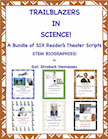
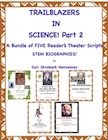

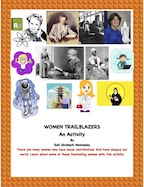
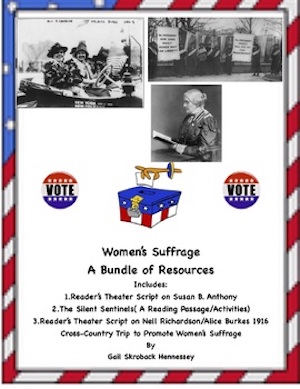
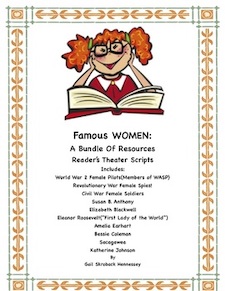


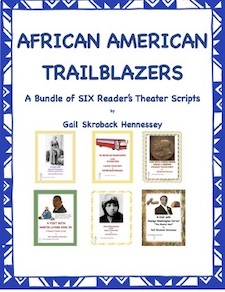
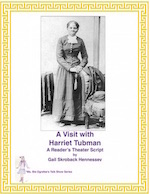
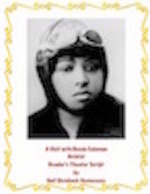
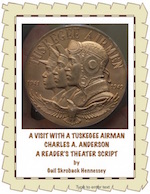

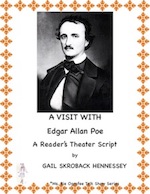

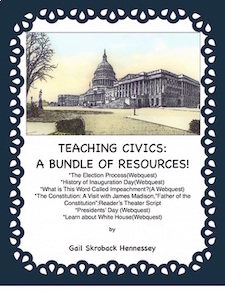


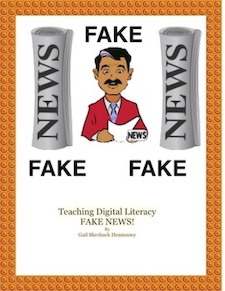


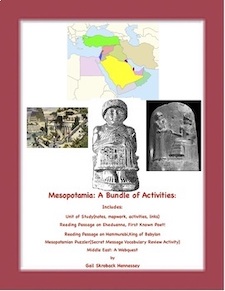


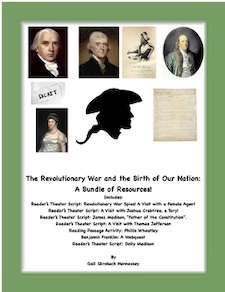
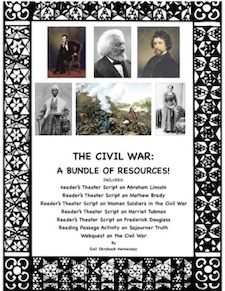
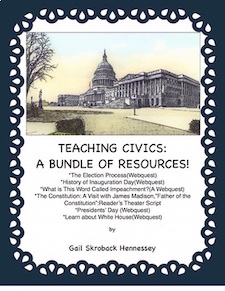
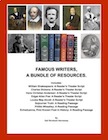
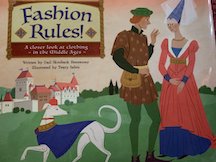
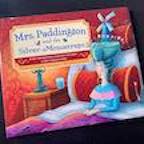
My Book-Mrs. Paddington and the Silver Mousetraps
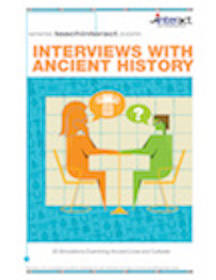




Anti-Bullying Resources

Bell Ringers!

Updated regularly
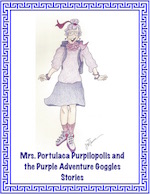
Mrs. Portulaca Purpilopilis
and the Purple Adventure Goggles




Facts to Wow your Friends!

 Teaching Ideas!
Teaching Ideas!
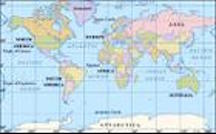




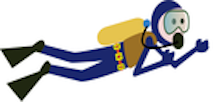


` `


Air Traffic Controller
John Wallin, air traffic controller and NATCA representative at Memphis International Airport Tower, Memphis, Tennessee
1. Can you explain to young people just what an air traffic controller is?
In simplest terms an air traffic controller is similar to the police officer who stands in the middle of a busy intersection. Like the policeman keeping traffic moving through the intersection our job is to keep airplanes moving to and from the airport in a safe orderly fashion. In our case it takes many controllers working together that makes this happen.
2. What is the best part of your job?
The satisfaction of knowing the people on the aircraft are getting safely to where they are going without having to worry. If the people are able to do this without thinking of me and my fellow controllers then my job is complete.
3. What would you say is the most difficult aspect of your career choice?
While the career choice has its good moments it also has its downside. Most air traffic control facilities are open into the night and many are 24-hour facilities. All are open on every holiday. Many times the shift work will require being away from family functions such as sporting events and school events. Many controllers can tell stories of when they had to miss a child’s recital or baseball game because they had to work.
4. Do you have a memory you'd like to share with young people concerning something that happened while at your job?
There are many, so I will keep it short. In addition to the many commercial airliners there are private planes that routinely fly. Many are used to transport family members to or from family events or vacations. On one such occurrence a family was flying to Grandma's for the holidays when they got lost and were entering some bad weather. I was able to locate them and help them safely to an airport where they could land and wait until the bad weather passed before continuing to their destination. Most controllers have similar experiences. It's what makes this job most satisfying.
5. What are the necessary skills/degrees needed to become an air traffic controller?
The type of degree can vary depending on the FAA's staffing requirements. It can range from a high school diploma to a college degree. There are several colleges that offer degrees in air traffic control. Most times the FAA will require a college degree or prior air traffic control experience, which is normally gotten through the U.S. military. I work with many controllers who have been military controllers prior to working for the FAA.
The skills needed are simple. You must be good in math while having common sense. You must be willing to strive for perfection while knowing you can never be perfect. Above all, you must be willing to continually listen and learn. And believe your teachers when they say some of you will use geometry, computing angles (of intercept) and algebra in your life!
6. Any suggestions for young people who might be interested in your career? How can they begin now to get prepared for your career?
Study hard, especially in math. Strive to be the best you can be. Find a local air traffic control facility and see if you can get a tour. Most facilities will allow you to not only come out and look but also listen with an experienced air traffic controller. And most of all prepare to make aviation a part of your life.
7. Where can you work as an air traffic controller?
There are over 215 air traffic facilities nationwide. All major and almost all mid-sized airports have control facilities. There are also towers at many smaller airports. The job opportunities are everywhere, and not just with the FAA. The Department of Defense also hires civilian air traffic controllers.
8. Describe a typical day at your job.
On a typical day I will report to my facility at the start of my shift, grab my headset and head off to work. Some days I am in the radar room and on others I'm in the tower. Some days I will split time between the two. Let's use a typical day shift. I reported for work at 6:45 am and was assigned to a radar position, which I worked for the next 1 hour and 30 minutes. I then took a 25 minute break, reported to the operational area and was assigned another radar position, where I worked for another hour and 45 minutes. I then went to lunch for 35 minutes. I then worked another hour and 45 minutes before attending a training session for the remainder of my shift.
9. What got you interested in becoming an air traffic controller? Did anything in school or your childhood help spark this interest?
My father was a licensed pilot and also a military air traffic controller back in the early 1960's so I guess you can say I was raised around aviation.
10. Where do you currently work as an air traffic controller? About how many airplanes take off and land each day at your airport?
Memphis International Airport currently operates around 700 takeoffs and 700 landings per day for a total of around 1400 operations per day.
* National Air Traffic Controllers Association